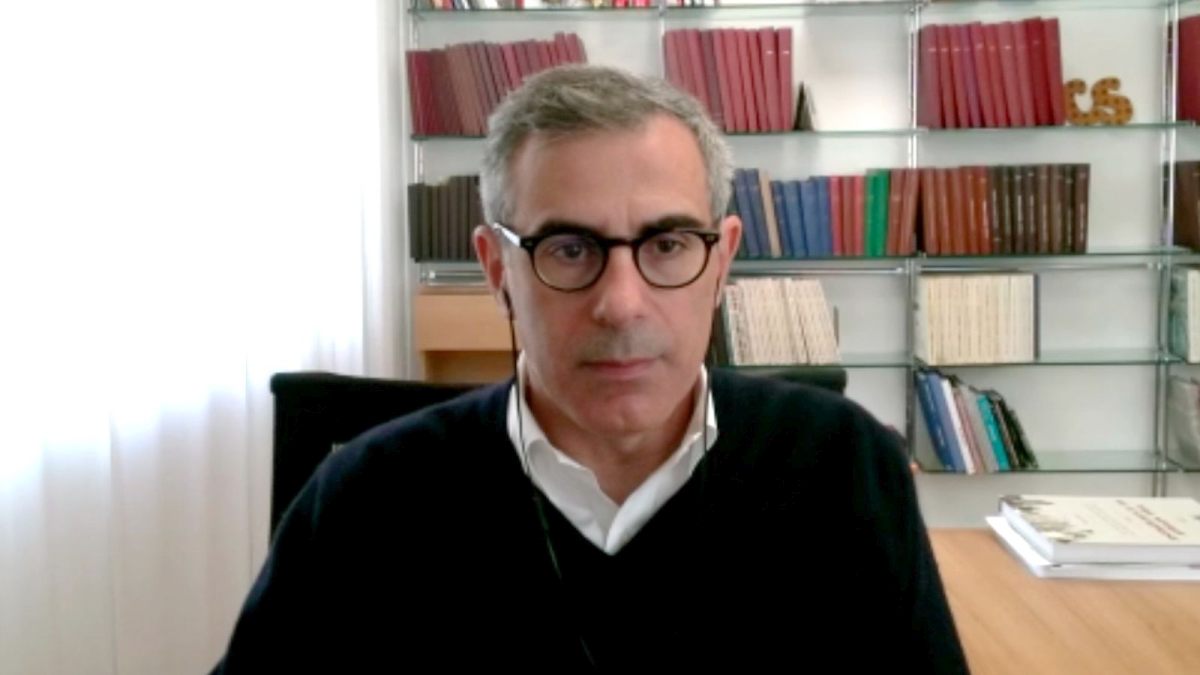MILAN (ITALPRESS) – In order to predict how economic relations between Italy and the United States will evolve in light of Donald Trump’s victory in the presidential election, “we need to analyze what happened eight years ago, when Trump first won. Back then, despite the duty policy and the trade war with Europe, Italian goods, apart from some sectors such as aluminum, had free and easy access to the U.S. and, indeed, even increased their export share. At the time, the products that distinguish Made in Italy-and thus the three ‘f’s, fashion, food and furniture-performed well.” Although they “experienced some uncertainty and, to some extent were penalized by tariff policies, they did not then suffer serious problems.” So says Simone Crolla, managing director of the American Chamber of Commerce in Italy, in an interview with Italpress on the U.S. elections.
“Beyond Trump’s announcements” about a possible 10 percent increase in tariffs on goods from abroad, “the new tariffs the administration would like to impose are not yet certain. It is assumed that, again, there will be no very strong backlash,” he continued, pointing out that “since then, even during Joe Biden’s administration, Italian companies have learned to deal with this situation and many have expanded their production activities in the United States. Suffice it to say that, in the last few years, Italian investments in the U.S. have grown by 400 percent.”
According to Crolla, surely “there will be a strong discontinuity with the Biden era, as announced during Trump’s election campaign, and this was also the winning aspect compared to Democratic candidate Kamala Harris,” who proposed “an economic recipe similar to Biden’s.” In fact, “Trump announced that, from day one, he would appoint a kind of ‘czar’ for deregulation-the name of Elon Musk is the one that has been brought up again and again; he promised an end to the conflict between Russia and Ukraine; and, on the other hand, he promised to introduce new tariffs.” Discontinuity will also be seen “in what he will do with his executive orders.” In particular, Biden’s Inflation Reduction Act “will remain because it’s a successful program anyway, but the purposes of the funds will perhaps be repurposed toward policies more akin to Trump, such as a return to more traditional fossil fuels, less money for renewables, more deregulation, less windfall incentives.”
“As far as the U.S. domestic economy is concerned,” stresses the AmCham Italy managing director, “there will be a big boost at the beginning, an aspect that may also benefit Italian companies present in that market or those that will benefit from a more powerful dollar and therefore on imports. This will also have inflationary impacts on the rest of the world because it will be more difficult to trade with the United States but Italy has adapted to this kind of initiative. So the measures have been taken.”
Trump is on his way to what has been called “an overwhelming victory, even having control of the House and Senate. So he will have at least two years in front of him in which he can really implement the policies that he likes best. He will certainly want to have dialogue only with the states that are most like-minded to him, he is not a lover of multilateralism, he has always envisioned Europe as a Babel, so a very easy dialogue between the United States and the European Union is not expected. Italy definitely has an advantage in this respect. In a way, it will be easier for business to gain the trust of the Trump administration because the U.S. needs to have some imports and, above all, direct investment from Italy as well.”
Crolla highlights how “for Europe, as a political unit, it will be more difficult to find a fit.” With respect to a potential influx of Chinese goods into Europe that may no longer find a place in the U.S. market, “the EU should react by intensifying its alliance with the United States,” unlike “what many European leaders have stated when talking about a possible Trump administration.” “The two blocs, at the military-political level, continue to be the most important in the world,” he stressed, “. So by improving cooperation in all respects with the U.S., avoiding retaliation between tariffs and duties, we would certainly be able to better contain the potential risk of being invaded, if you will, by Chinese goods – like steel at the time of the first Trump administration.”
China itself “cannot remain distant from the two blocs; it is a growing economy and a very important outlet market for both Italian and American goods. So realpolitik will want some sort of balance to be struck over time. This will require significant diplomatic work.” “The Trump presidency projects the idea of an assertive nation, refocused on itself and with which we need to have a transparent dialogue because otherwise the U.S. market could close even more creating problems for an already slowing Chinese growth. Europe, in the middle, is somewhat the weak link in this dialogue,” Crolla concludes.
– Italpress Photo –
(ITALPRESS).

